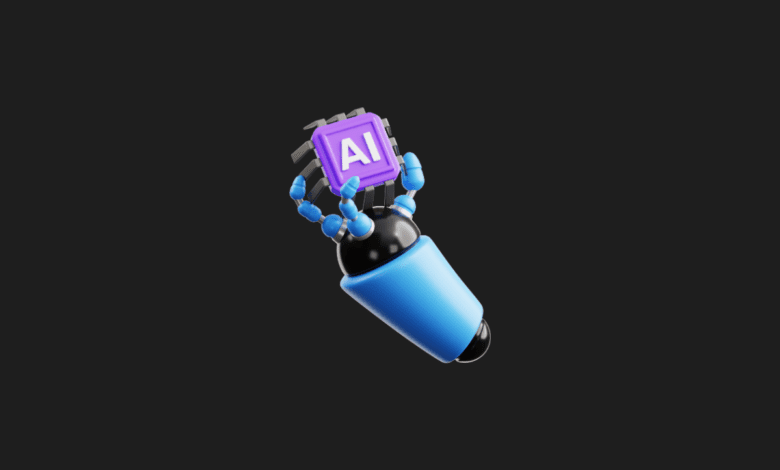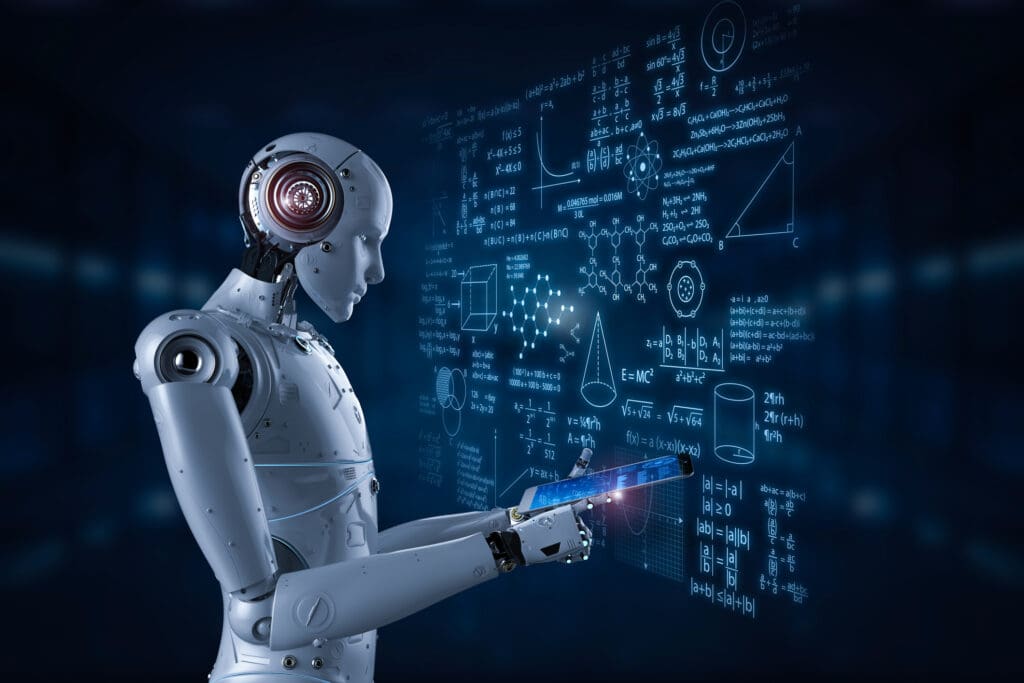Understanding Artificial Intelligence

Artificial Intelligence (AI) is the capability of a machine or computer program to carry out tasks that usually require human intellect. These tasks encompass learning, reasoning, problem-solving, and decision-making. AI is an extensive area of computer science, encompassing various methodologies for developing AI systems.
A prevalent method is employing machine learning. Machine learning algorithms enable AI systems to learn from data and enhance their performance over time without being explicitly programmed. For instance, a machine learning algorithm can train an AI system to identify objects in images or translate languages.
Deep learning, another widespread approach to AI, involves algorithms inspired by the human brain’s structure and functionality. These algorithms can learn intricate patterns from data and have achieved leading-edge results in numerous AI tasks, including image recognition, natural language processing, and machine translation.
AI is a rapidly advancing field, with new applications emerging constantly. It’s already in use across multiple industries such as healthcare, finance, manufacturing, and transportation. Looking ahead, AI is anticipated to become even more integral to our daily lives, further embedding itself into our homes, workplaces, and communities.
Here are some examples of AI in use today:

- Self-driving cars: AI is used to power the self-driving features in many modern cars. These systems use cameras, sensors, and maps to perceive their surroundings and make decisions about how to navigate.
- Virtual assistants: AI is used to power virtual assistants like Siri, Alexa, and Google Assistant. These assistants can understand natural language and perform tasks such as setting alarms, playing music, and answering questions.
- Spam filters: AI is used to train spam filters to identify and remove spam emails.
- Fraud detection: AI is used to detect fraudulent transactions and other types of financial crime.
- Medical diagnosis: AI is being used to develop systems that can help doctors diagnose diseases more accurately.
These are just a few examples of the many ways that AI is being used today. As AI continues to develop, we can expect to see even more innovative and groundbreaking applications in the future.











